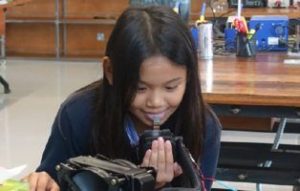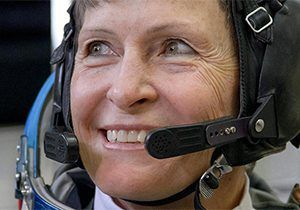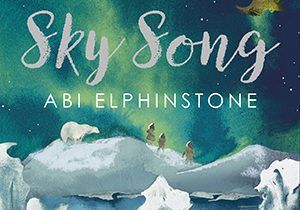
Vets in action: Primary resource
Learn about the different types of vet and which types of animals they treat
This PSHE primary resource helps children to understand the work of vets. Discover the different types of vet and which types of animals they treat. What species of animal does an equine vet take care of? Which type of vet treats farm animals? What kind of personality traits should a zoo vet have?
Pupils will discover four different case studies from different vets, examining the variety of work that they do in our National Geographic Kids’ Science primary resource sheet.
The teaching resource can be used in study group tasks for discussion about what it takes to be a good vet. It could be used as a printed handout for each pupil to review and annotate, or for display on the interactive whiteboard for class discussion.
Activity: As a class, ask children what they know about vets. What do they do? Have they ever taken a pet to see the vet? What kinds of animals do vets treat? Read the resource sheet as a class. Would anyone in the class like to be a vet?
According to new figures released by the British Veterinary Association, almost half of vets in the UK (46%) had decided to become a vet while they were still at primary school. Pupils could pick one of the four types of vet listed in the resource and research what kind of characteristics, interests and qualifications you would need to have to work in that role. They could complete the ‘Find your perfect vet job!’ quiz either individually, or quizzing one another in pairs.
N.B. The following information for mapping the resource documents to the school curriculum is specifically tailored to the English National Curriculum and Scottish Curriculum for Excellence. We are currently working to bring specifically tailored curriculum resource links for our other territories; including South Africa, Australia and New Zealand. If you have any queries about our upcoming curriculum resource links, please email: schools@ngkids.co.uk
This PSHE primary resource assists with teaching the following Key Stage 1 & 2 objectives from the National Curriculum:
2.1 Every state-funded school must offer a curriculum which is balanced and broadly based and which:
- promotes the spiritual, moral, cultural, mental and physical development of pupils at the school and of society, and
- prepares pupils at the school for the opportunities, responsibilities and experiences of later life.
2.5 All schools should make provision for personal, social, health and economic education (PSHE), drawing on good practice.
3.1 The national curriculum provides pupils with an introduction to the essential knowledge that they need to be educated citizens.
This PSHE primary resource assists with teaching the following Health and wellbeing Early level objectives from the Scottish Curriculum for Excellence:
- In everyday activity and play, I explore and make choices to develop my learning and interests. I am encouraged to use and share my experiences.
- I can describe some of the kinds of work that people do and I am finding out about the wider world of work.
Scottish Curriculum for Excellence Health and wellbeing First level objectives:
- Through taking part in a variety of events and activities, I am learning to recognise my own skills and abilities as well as those of others.
- I can describe some of the kinds of work that people do and I am finding out about the wider world of work.
Scottish Curriculum for Second level Excellence Health and wellbeing objectives:
- Opportunities to carry out different activities and roles in a variety of settings have enabled me to identify my achievements, skills and areas for development. This will help me to prepare for the next stage in my life and learning.
- I am investigating different careers/occupations, ways of working, and learning and training paths. I am gaining experience that helps me recognise the relevance of my learning, skills and interests to my future life.
Scottish Curriculum for Excellence Third level Health and wellbeing objectives:
- I am developing the skills and attributes which I will need for learning, life and work. I am gaining understanding of the relevance of my current learning to future opportunities. This is helping me to make informed choices about my life and learning.
- I am investigating different careers/occupations, ways of working, and learning and training paths. I am gaining experience that helps me recognise the relevance of my learning, skills and interests to my future life.
Scottish Curriculum for Excellence Fourth level Health and wellbeing objectives:
- Based on my interests, skills, strengths and preferences, I am supported to make suitable, realistic and informed choices, set manageable goals and plan for my further transitions.
- I am investigating different careers/occupations, ways of working, and learning and training paths. I am gaining experience that helps me recognise the relevance of my learning, skills and interests to my future life.
Download primary resource
More Like

Broccoli that tastes like brownies!

Artist makes sculptures so tiny – they’re microscopic!

Female astronaut sets super space records!









LEAVE A COMMENT
THANK YOU
Your comment will be checked and approved shortly.
WELL DONE,
YOUR COMMENT
HAS BEEN ADDED!
COMMENTS
CUSTOMIZE YOUR AVATAR